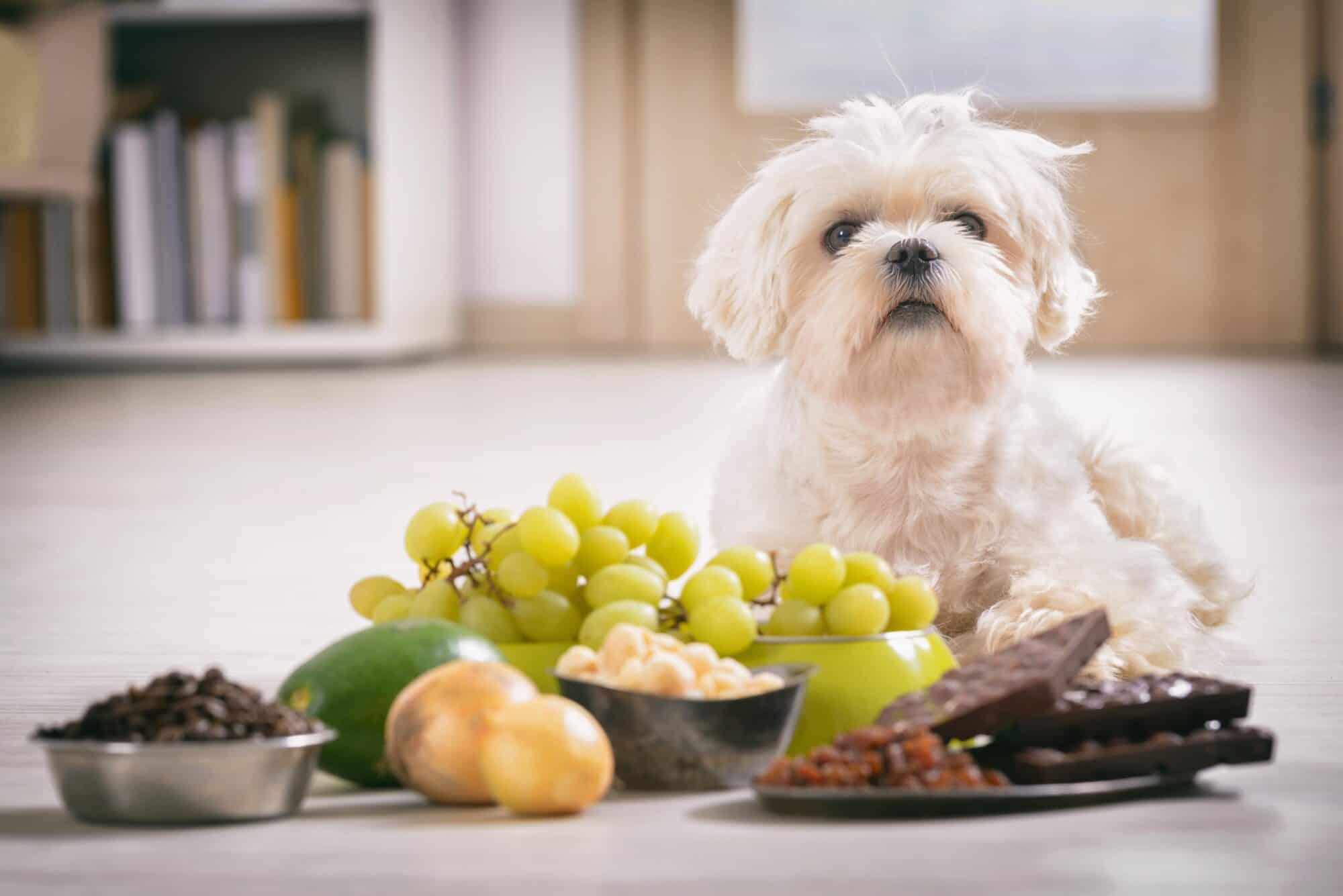Protecting Your Pet: Essential Tips for Pet Poison Prevention Month

With March’s arrival, Florida’s mild temperatures invite our pets to embark on new explorations around the house and garden. But with these explorations comes the possibility of contact with hazards. Our pets are naturally curious, which can sometimes lead them into trouble.
March is Pet Poison Awareness Month, and the team at Caring Paws Animal Hospital is dedicated to helping you keep your furry family members safe. The key to understanding and preventing pet poisoning is about creating a safe environment and minimizing potential dangers.
A Pet Parent’s Guide to Common Poisons
Our homes are filled with substances that, while seemingly benign to us, can pose serious risks to our pets. Pet poison prevention starts with identifying these dangers. Various everyday household items, including certain foods, medications, and plants, can be toxic to our pets.
Indoor Toxins: Unseen Dangers in the Home
Our homes are full of love, comfort, and, unfortunately, potential pet poisons. Keep an eye out for these usual suspects:
Toxic Foods for Pets:
- Chocolate and caffeine
- Grapes and raisins
- Foods containing xylitol (often peanut butter and sugar-free products)
- Alcohol
- Onions and garlic
Household Items:
- Human medications, including over-the-counter and prescriptions
- Household cleaners and detergents
- Certain houseplants (e.g., lilies, azaleas, and philodendrons)
- Essential oils and potpourri
Outdoor Hazards: The Backyard Battleground
The great outdoors is a pet’s playground, but it can also be a minefield of toxins:
Garden and Garage:
- Fertilizers and pesticides
- Cocoa mulch
- Rodenticides and insecticides
- Antifreeze and other automotive fluids
Toxic Plants Common in Florida:
- Sago Palm
- Oleander
- Rhododendron
- Lilies (particularly dangerous to cats; includes Easter, Day, Asiatic, Tiger, and Japanese Show lilies)
- Azaleas
- Spanish thyme
- Castor Bean
- Caladium
- Dieffenbachia
- Florida Beauty
- Foxglove
- Japanese Yew
- American Holly
- Elephant Ear
Wildlife and Other Concerns:
- Certain native mushrooms that can pop up in yards, particularly after rain
- Bufo toads, also known as cane toads, which secrete a potent toxin
- Caterpillars of certain species, such as the saddleback caterpillar
Always keep in mind that prevention is key. Restrict access to areas where these plants grow and educate yourself on identifying them. If you suspect your pet has ingested any part of these plants or has encountered harmful wildlife, seek veterinary care immediately.
Spotting the Signs: Symptoms of Pet Poisoning
When a pet encounters a toxic substance, their body can react in several ways. As pet parents, it’s crucial to recognize these warning signs promptly. Quick identification can make a significant difference in the effectiveness of the treatment and the overall outcome for your furry friend.
Gastrointestinal Signs:
- Vomiting
- Diarrhea
- Loss of appetite
- Drooling or excessive salivation
Neurological Symptoms:
- Tremors or seizures
- Disorientation or confusion
- Lethargy or weakness
- Difficulty walking or standing
Respiratory Issues:
- Difficulty breathing
- Coughing
Other Concerning Signs:
- Sudden changes in urination or thirst
- Elevated heart rate
- Pale or yellowish gums
- Collapse or sudden loss of consciousness
If you observe any of these symptoms in your pet, acting quickly and seeking veterinary care is vital. It’s always better to be cautious—if in doubt, reach out to us.
Taking Action During Pet Poison Prevention Month
While we’re always here to help in an emergency, the goal is to prevent these frightening situations before they happen. This month, we encourage pet owners to take an active role in pet poison prevention. It’s a perfect time to assess risks and make necessary adjustments to your home, garden, and routines.
As the guardians of our beloved pets, it’s up to us to create a safe haven for them to explore, play, and rest. Caring Paws Animal Hospital is your partner in your pet’s well-being, offering expertise and support whenever you need it. If you’re concerned about potential toxins in your home or would like more information on preventing accidental pet poisoning, don’t hesitate to contact us.

